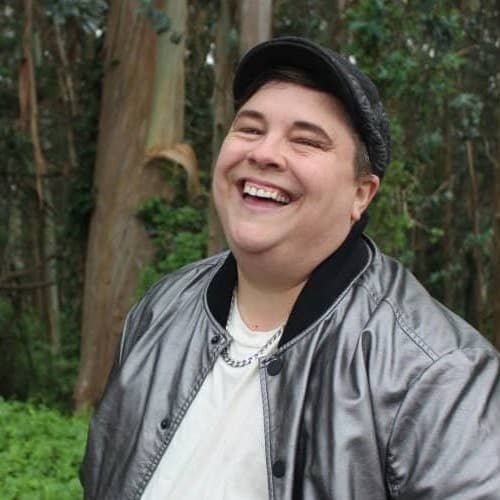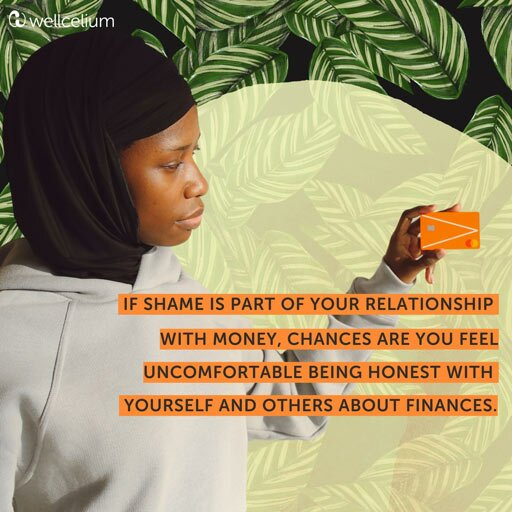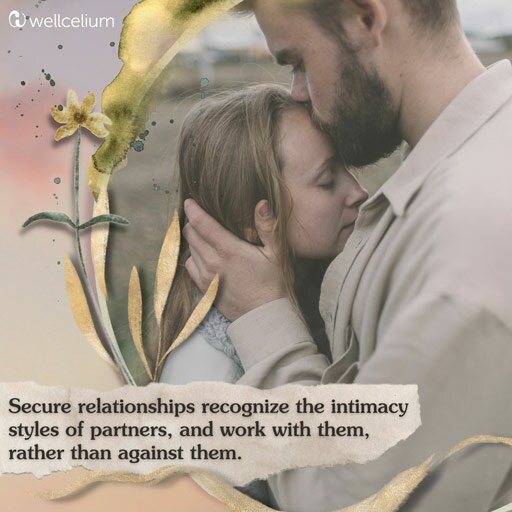How do you feel when talking with partners and loved ones about money?
When couples who come to me struggling with sex, I ask this question: What is the connection between money and sex for you?
And then there is this moment of loud silence.
They ponder how their struggles with sex and their struggles with money might possibly be connected.
How is it for you to hear that about half of American couples fight about money?
I worked with a couple (names changed) Dan and Bry a few years ago. They came to couple’s therapy to work on their sex life, which was at zero.
In our early sessions, they talked around the issue, speaking about everything EXCEPT sex.
Finally, Bry bravely spoke up and said,
“I don’t think we should spend money on sex therapy if we aren’t going to talk about sex.”
The resulting conversations about sex and money were a turning point for them, as they began to feel safer talking about what they didn’t want to talk about.
Did you know that 45% of couples who describe their marriage as “okay” or “in crisis” avoid discussing money?
And about one-third of people who have money fights hide purchases from a partner, out of fear of disapproval.
Financial infidelity can be defined differently in each relationship, but it often occurs when couples with combined finances lie to each other or withhold important information about money. Some examples could be hiding accounts, debts or spending habits from a partner. Although this behavior might not seem as serious as sexual infidelity, some of the consequences are very similar: loss of trust, feelings of resentment, and damage to emotional bonds. The strain of hiding something can also lead to isolation and depression.
Unless you like living a life of quiet desperation, learning to say the unsayable is crucial for a thriving partnership.
Talking openly about sex and money both require honesty and vulnerability. Often vulnerability is falsely associated with weakness, however it actually requires great strength to be vulnerable. Being vulnerable also requires trust. In her book, Daring Greatly, Brené Brown describes vulnerability as “uncertainty, risk, and emotional exposure.”
“What most of us fail to understand…is that vulnerability is also the cradle of the emotions and experiences that we crave,” says Dr. Brown. “Vulnerability is the birthplace of love, belonging, joy, courage, empathy, and creativity.”
Soon, I’ll be teaching more about money and sex and couples, but for now, here’s a question to consider:
Questions to ask yourself:
- What do you feel afraid to say out loud about sex or money? To a partner, a loved one, a therapist?
Learning to talk about challenging topics is part of what we practice in The Well-Couple Course. If you are interested in talking with me about participating, fill out this application. The course is designed for 16 couples and spots are filling up.
Recommended Resources
Daring Greatly by Brenee Brown, 2015.
Keeping Money Secrets From Each Other: Financial Infidelity On The Rise by NPR’s Yuki Noguchi




